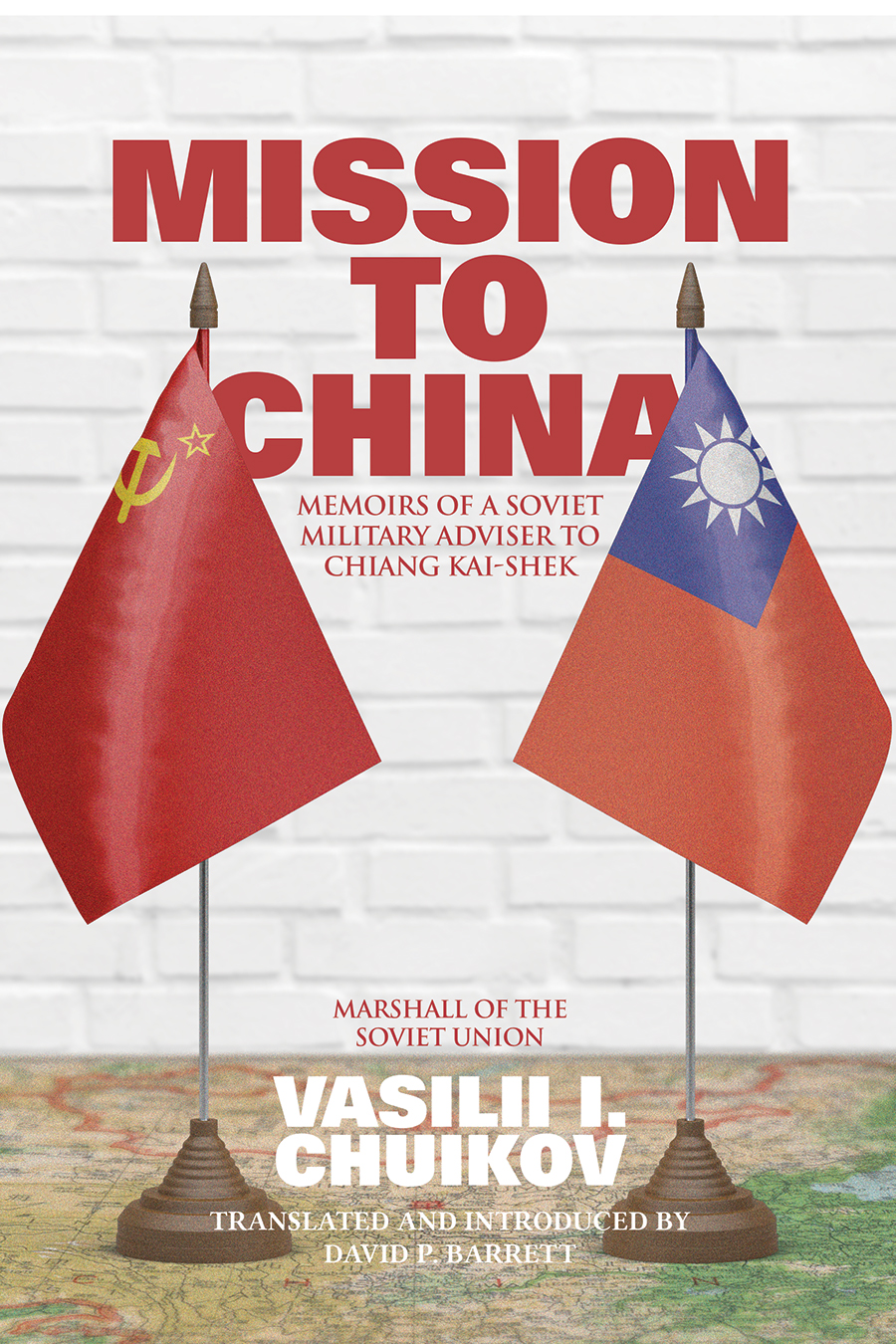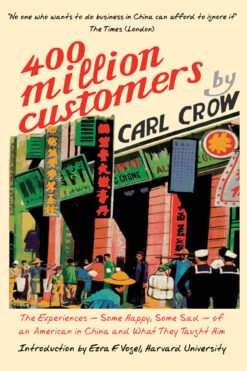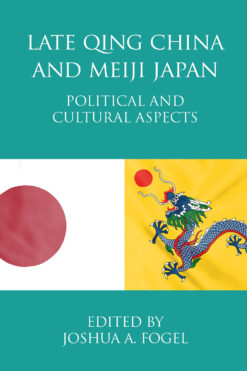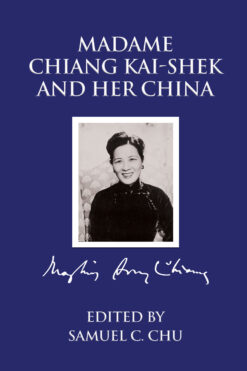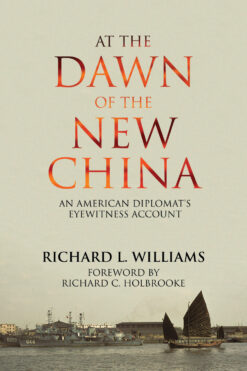Mission to China
Memoirs of a Soviet Military Adviser to Chiang Kai-shek
Vasilii I. Chuikov
Eastbridge Books | September 2003 | 248 pages
![]() $19.99 (paperback) | ISBN
978-1-78869-023-2
$19.99 (paperback) | ISBN
978-1-78869-023-2
![]() $34.99 (hardback) | ISBN
978-1-78869-024-9
$34.99 (hardback) | ISBN
978-1-78869-024-9
We have temporarily suspended direct orders from our website while we address supply chain issues.
However this title is also available from:
Amazon
|
The Book Depository (worldwide)
|
Indigo (Canada)
Description
In late 1940, General Vasilii Chuikov was sent by the Soviet government to China to serve as chief military adviser to General Chiang Kai-shek, head of the Nationalist government. China was still fighting alone against Japan after more than three years of war. It was Chuikov’s task to oversee the provision of Soviet military aid to Chiang’s armies, and to press the Chinese leadership toward a more aggressive resistance to the Japanese. Chuikov arrived with experience, as he had studied Chinese as an officer cadet and had been twice sent to China on missions in the 1920s.
Chuikov’s evaluation of the Chinese Army was much more positive than that of American and British observers of the time. While he recognized problems in the highly politicized senior command, he commended the fighting spirit of the junior officers and the enlisted men. Chuikov not only saw Nationalist China as unconquerable; he also believed that the Nationalists were capable of sustained offensive operations against the Japanese. From his field inspections, he offers professional assessment of the strengths and weaknesses of the Chinese army and he subjects a number of major engagements fought in 1941 to close analysis.
Mission to China ranges widely. Chuikov portrays in sharp outline the Nationalist military elite, he memorably describes life in the wartime capital of Chungking, and he writes vividly of his travels through rural China. On his return to the Soviet Union in 1942, Chuikov was assigned command of the 62nd army, and made his name as the victor of Stalingrad.
This perceptive and keenly observed memoir, written by one of the great commanders of the Second World War, is suffused with deep sympathy for the Chinese people in their resistance struggle.
About the Author
Vasili Chuikov served as chief military adviser to Chiang Kai-shek in 1941–42. Born into a peasant family, Chuikov joined the Bolshevik cause in the Russian Civil War. Following Chinese-language study, he was twice posted to China as a young officer. In late 1940 General Chuikov was appointed head of the Soviet military mission in Nationalist China. Upon his return to the Soviet Union in 1942, he was assigned to the Stalingrad front, where he commanded the successful defense of that city. After 1945 Chuikov held a succession of high-ranking military offices and, in recognition of his illustrious wartime service, was named a Marshal of the Soviet Union. In later life, he wrote a number of memoirs, including the one published here. Marshal Chuikov died in 1982.
About the Translator
David P. Barrett is Associate Professor of History, McMaster University, Hamilton, Ontario. He has written about the political history of Republican China (1912–49), with particular emphasis on the Sino-Japanese War (1937–45) and the wartime collaborationist regime under Wang Jingwei.
Related books
Carl Crow
| $14.99 | $24.99 |
| Paperback | Hardback |
Edited By Joshua A. Fogel
| $24.99 | $44.99 |
| Paperback | Hardback |
Edited By Samuel C. Chu
| $7.99 | $19.99 | $34.99 |
| E-book | Paperback | Hardback |
Richard L. Williams
| $19.99 | $34.99 |
| Paperback | Hardback |


